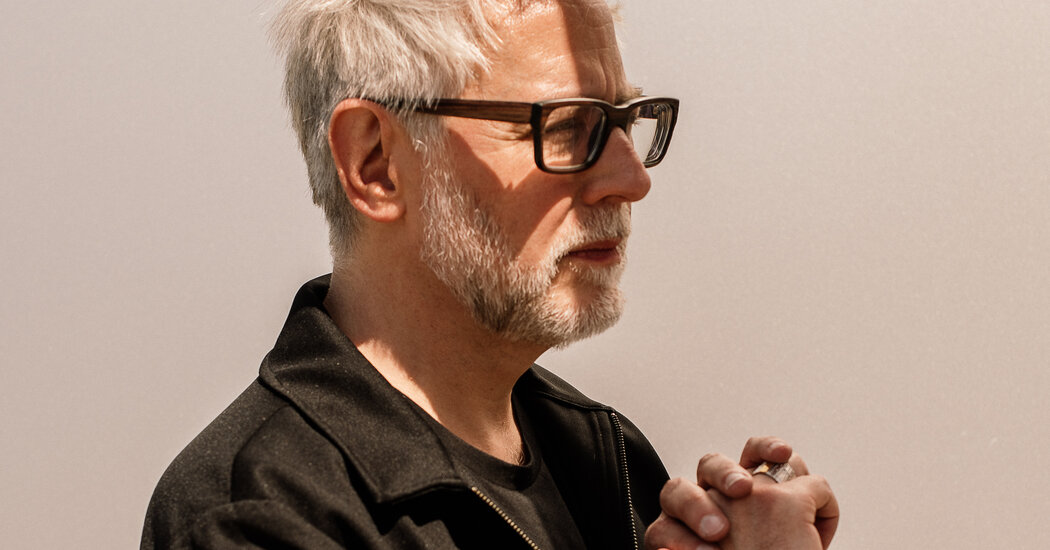
Gamora was going to die originally in “Vol. 2” [2017], and then we talked about it happening in “Infinity War” and that worked better for the story. But the rest of them, I always knew where they were going. I knew that the whole trilogy is about Rocket, who we think of as a supporting character, becoming the captain of the Guardians.
The arc with Peter Quill, in some ways, you can look at as that of many people who have experienced childhood trauma. He was by his mother’s bedside when she died, and he ran away and went into outer space — which, for other people, could be shutting off from the world — and stayed there for a long time until he came to the realization as an adult that he needed to go back to Earth. That, for me, was always his journey.
Nebula becomes a leader, but a different sort of leader from where she was. Mantis goes off on her own and takes care of herself because she lived by others’ rules her entire life. Drax realizes that he’s a father and that’s what he’s really good at — he’s not a destroyer. All those things, some more clearly than others, were in my mind from the first movie.
Few Marvel series were as affected by the events of “Infinity War” and “Endgame” as “Guardians of the Galaxy.” How did you feel about having a lot of major plot points happen outside the films of your own trilogy?
A lot? I think there was only one.
Well, Gamora’s death is the big one, but even her first kiss with Quill comes in “Infinity War” after the first two “Guardians” movies appear to be building to it.
I begged them to have that kiss in the movie, because it was necessary to really cement their relationship. I had a kiss in “Vol. 2” that I cut — it was awesome, but it came in a weird time. At the end of “Vol. 2,” you establish the fact that they have feelings for each other pretty distinctly, but in “Infinity War,” we needed to establish that they were now boyfriend-girlfriend and this was a normal thing for them. It wasn’t really about the kiss, it was about showing that they were now a couple.













